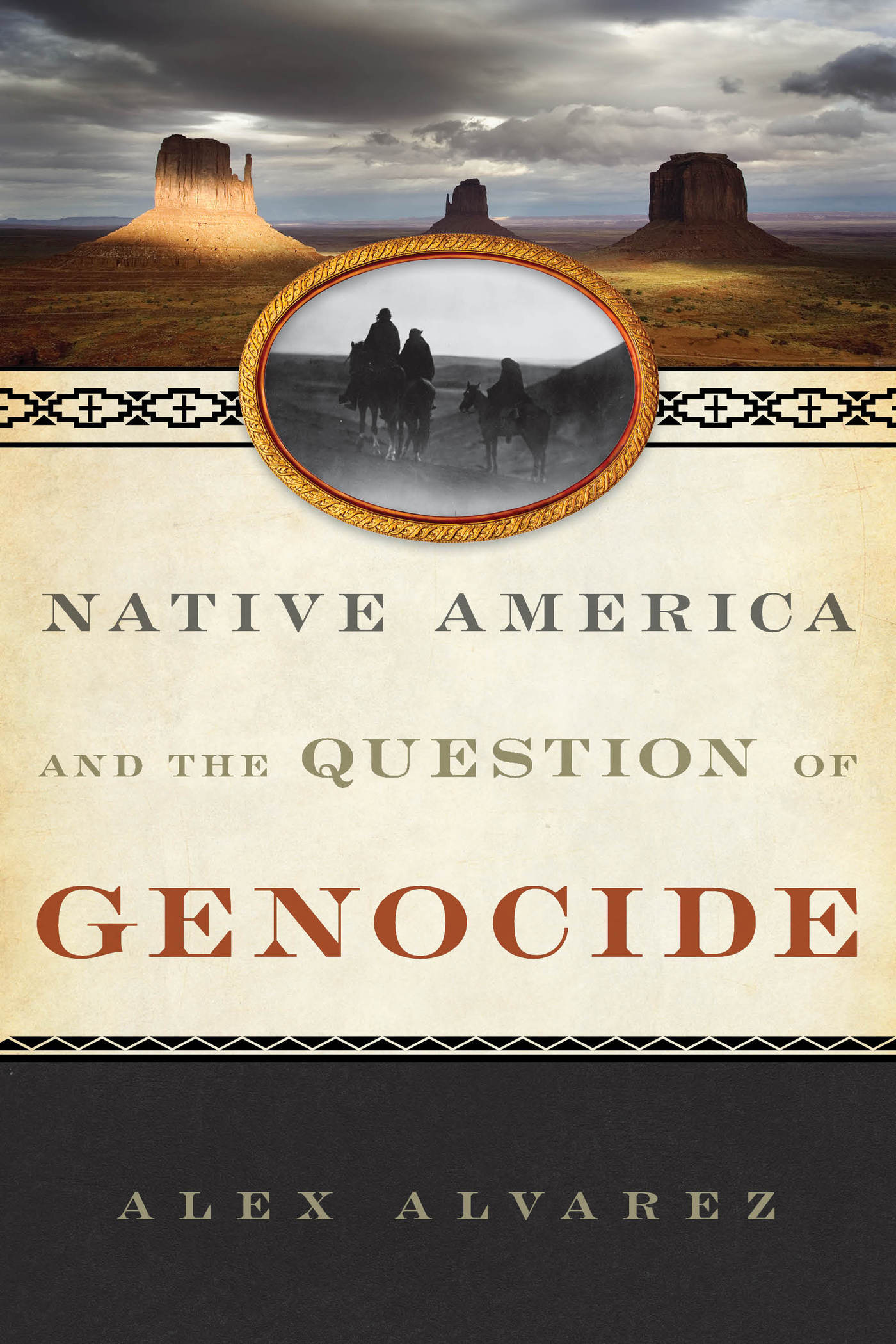Praise for
Native America and the Question of Genocide
In his sensitive treatment of this difficult issue, Alvarez strikes a balance between scholarly pragmatism and a humanists empathy for the victims of this immense tragedy.
Booklist
Without at all diminishing the inhumanities, injustices, and indignities that took place, Alvarez argues persuasively that United States Indian policy was far more complicated than genocide. This is a well-written, commonsense book that deserves to reach a wide audience.
David Wishart, University of Nebraska-Lincoln
There is a desperate need for a carefully drawn analysis of the kind Alex Alvarez presents in this book. He has placed his analysis squarely within the context of genocide theory, and by doing so has surpassed many previous works on the topic through the care he has taken for the subject and the concepts upon which it rests. In short, this work is a benchmark for others to follow, and deserves to take its place among the first rank of studies dealing with the question of genocide relative to Native America.
Paul R. Bartrop, Center for Judaic, Holocaust, and Genocide
Studies at Florida Gulf Coast University
Professor Alvarez has written a comprehensive analysis which directly confronts the controversial question concerning whether or not the destruction of the indigenous populations of the Americas was genocide. The book is exceedingly well written and one of the most interesting treatments of the topic I have seen. It should be of interest to students and teachers in a variety of fields including genocide studies, political science, history, and criminal justice.
Herbert Hirsch, Virginia Commonwealth University
In this important and fascinating study Alex Alvarez examines whether the catastrophe that engulfed Native Americans following European colonization amounted to genocide. In his work he balances the scholars commitment to intellectual honesty with the humanists empathy for the victims.
Robert Melson, professor emeritus, Purdue University; former president of the International Association of Genocide Scholars
Studies in Genocide:
Religion, History, and Human Rights
Series Editor: Alan L. Berger, Raddock Family Eminent Scholar Chair of Holocaust Studies, Florida Atlantic University
Genocide is a recurring scourge and a crime against humanity, the effects of which are felt globally. Books in this series are original and sophisticated analyses describing, interpreting, and articulating lessons from historical as well as current genocides. Written from a range of scholarly perspectives, the works in this series articulate patterns of genocide and offer suggestions about early warning signs that may help prevent the crime.
Balkan Genocides: Holocaust and Ethnic Cleansing in the Twentieth Century, by Paul Mojzes
Jihad and Genocide, by Richard L. Rubenstein
Native America and the Question of Genocide, by Alex Alvarez
Native America and the Question of Genocide
Alex Alvarez
ROWMAN & LITTLEFIELD
Lanham Boulder New York Toronto Plymouth, UK
Published by Rowman & Littlefield
4501 Forbes Boulevard, Suite 200, Lanham, Maryland 20706
www.rowman.com
10 Thornbury Road, Plymouth PL6 7PP, United Kingdom
Copyright 2016 by Rowman & Littlefield
All rights reserved. No part of this book may be reproduced in any form or by any electronic or mechanical means, including information storage and retrieval systems, without written permission from the publisher, except by a reviewer who may quote passages in a review.
British Library Cataloguing in Publication Information Available
Library of Congress Cataloging-in-Publication Data
The hardback edition of this book was previously catalogued by the Library of Congress as follows:
Alvarez, Alex.
Native America and the question of genocide / Alex Alvarez.
pages cm. (Studies in genocide: religion, history, and human rights)
Includes bibliographical references and index.
1. Indians, Treatment ofNorth AmericaHistory. 2. Indians of North AmericaViolence against. 3. Indians of North AmericaSocial conditions. 4. GenocideUnited StatesHistory. 5. United StatesSocial policy. 6. United StatesRace relations. 7. United StatesPolitics and government. I. Title.
E93.A42 2014
973.04'97dc23
2013048466
ISBN 978-1-4422-2581-7 (cloth : alk. paper)
ISBN 978-1-4422-5646-0 (pbk : alk. paper)
ISBN 978-1-4422-2582-4 (electronic)
 TM The paper used in this publication meets the minimum requirements of American National Standard for Information Sciences Permanence of Paper for Printed Library Materials, ANSI/NISO Z39.48-1992.
TM The paper used in this publication meets the minimum requirements of American National Standard for Information Sciences Permanence of Paper for Printed Library Materials, ANSI/NISO Z39.48-1992.
Printed in the United States of America
To my little brother LeRoy,
with love and respect
Acknowledgments
This book could not have been written without a great deal of personal and professional support, for which I am profoundly grateful.
I would like to first begin by thanking a number of friends and colleagues who read early drafts and provided important feedback as I worked on this project. Specifically, my deep appreciation to Janine Schipper, Mike Costelloe, Marianne Nielsen, Neil Websdale, Herb Hirsch, Steffie Kunze, Mark Sogge, Paul Bartrop, and Rene LeMarchand for reading various draft chapters and providing valuable feedback. I especially want to say thank you to Lauren Faulkner Rossi for a very thorough reading of the manuscript and for offering such detailed edits and constructive comments.
Thanks also to Sarah Stanton, Alan Berger, Kathryn Knigge, Jehanne Schweitzer, Brittany Dowdle, and the rest of the staff at Rowman & Littlefield for their hard work and support on behalf of this book.
On a personal level, my love and gratitude to my wife, best friend, and partner, Donna Mae Engleson, for putting up with me. My gratitude also to my childrenIngrid, Joseph, and Astridwho are a never-ending source of hope, inspiration, and pride.
Last I wish to thank the reviewers for their helpful comments and suggestions. Their time and effort has helped make this a better book. Thank you.
Introduction
The truth is rarely pure and never simple
Oscar Wilde
Confronting stories of the Wests actual complexity, Americans have worked away diligently, kneading the stories until the complexities of the events they represent have been smoothed, flattened, compressed, and generally made manageable.
Patricia Nelson Limerick
Living in the American Southwest, its hard not to be constantly reminded of the long and rich history of the Native peoples of this land. The Southwest is one of the few places in the United States where Native history is still very much in evidence. One of my favorite places is Walnut Canyon, a little-known location just a couple of miles outside of Flagstaff, Arizona. On first arriving, one is greeted by a visitor center that is precariously perched on the edge of a small canyon and which offers the usual fare of a few exhibits, including a nice little diorama depicting life in the canyon a thousand years ago, a gift shop, and an impressive panoramic view into the heart of the canyon. The real treasure, however, is found when one descends the island trail, which leads you down to a limestone knoll in the middle of the canyon. It feels like an island of limestone around which the canyon winds in a horseshoe bend that leaves this central formation isolated from the surrounding walls except for a narrow path down on one end. Its easy to see why the ancient peoples selected this place to live. It is easily defended and offers all the necessities of life: water in the bottom of the canyon, flat areas to grow a few crops, pion and walnut trees whose nuts provide nourishment, and good hunting opportunities. Even to this day, the area is home to mountain lions, black bear, deer, and plenty of smaller animals. It also offers ample shelter.
Next page
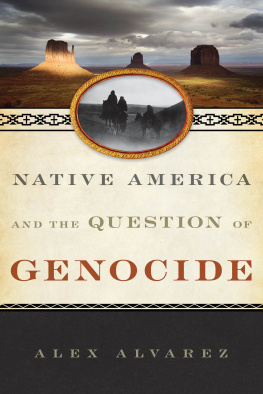
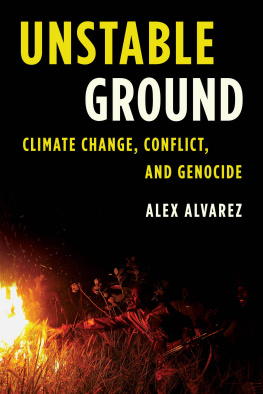

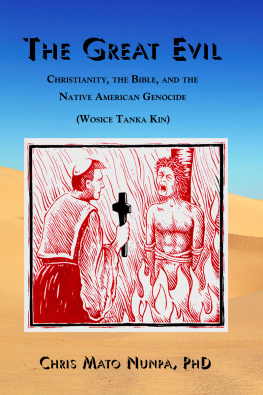
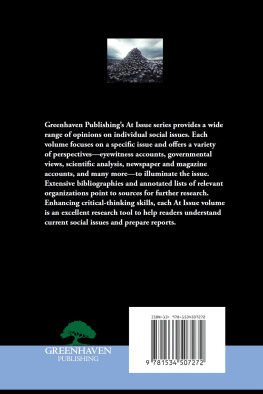
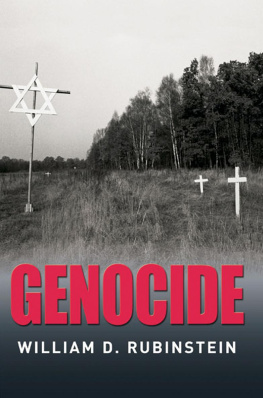
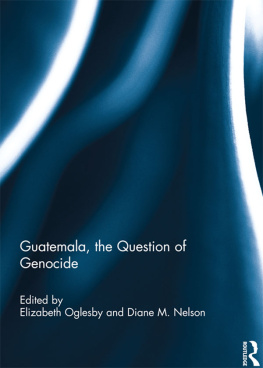
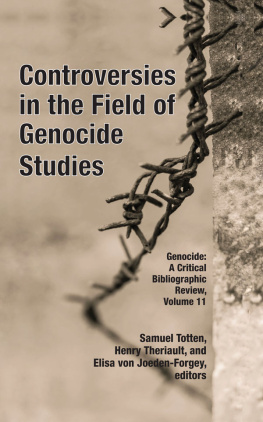
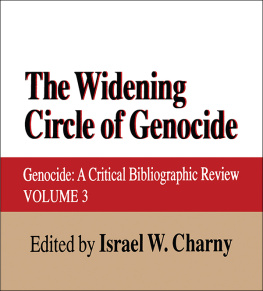
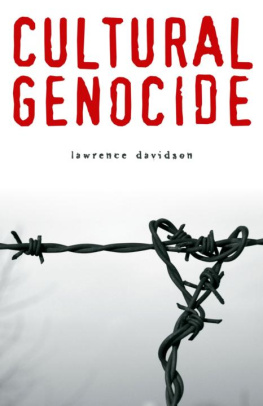
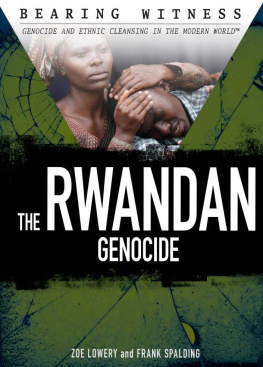
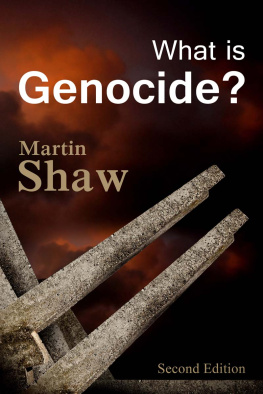
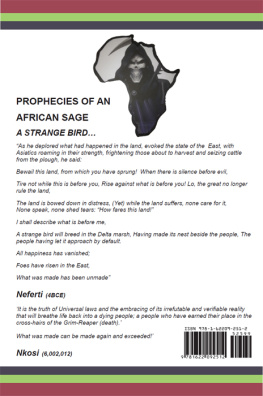
 TM The paper used in this publication meets the minimum requirements of American National Standard for Information Sciences Permanence of Paper for Printed Library Materials, ANSI/NISO Z39.48-1992.
TM The paper used in this publication meets the minimum requirements of American National Standard for Information Sciences Permanence of Paper for Printed Library Materials, ANSI/NISO Z39.48-1992.